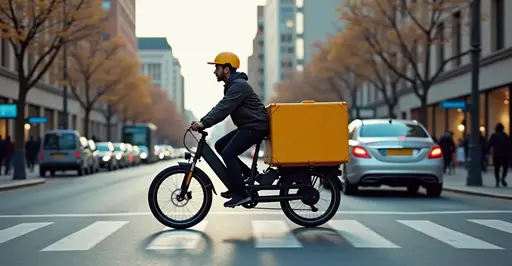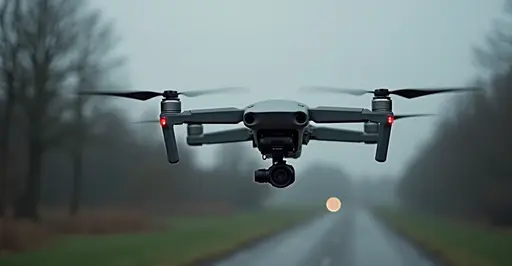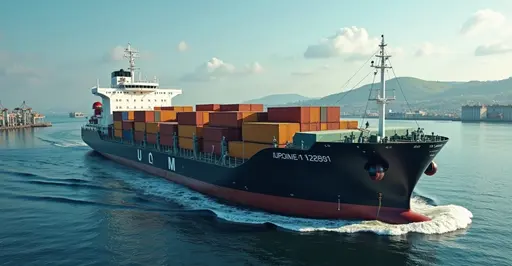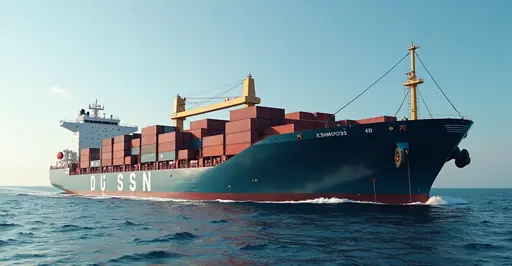
The Rise of Electric Cargo Bikes
Urban delivery services are rapidly adopting electric cargo bikes to revolutionize last-mile logistics. Companies like DHL, Coolblue, and Amazon are replacing traditional vans with pedal-assisted freight vehicles that navigate congested city streets more efficiently. These bikes can carry up to 300kg of cargo while occupying minimal road space.
Why the Shift?
Electric cargo bikes offer significant advantages:
- 33% more delivery stops per hour compared to vans
- 16x lower energy consumption than electric vans
- Zero emissions operation in urban zones
- No parking fees or congestion charges
- 20% shorter routes through narrow alleys
Market Boom
The global cargo bike market is exploding, projected to grow from $3.78B in 2024 to $11.5B by 2029. Europe leads this transition, with companies like Urban Arrow and Riese & Müller developing specialized models featuring:
- Lithium-ion batteries with 50km+ range
- Waterproof cargo compartments
- GPS tracking systems
- Anti-theft technology
Real-World Impact
In Amsterdam, 40% of last-mile deliveries now use cargo bikes. PostNL reports 60% cost reduction on urban routes. "We reach more customers in less time while reducing our carbon footprint," says Lars van der Zee, DHL's sustainability manager.
Major innovations include the ONO e-cargo bike (hybrid bike-car design) and Specialized's Haul collection (200kg capacity). Governments are supporting this shift through subsidies like the UK's eCargo Bike Grant Fund.

 Nederlands
Nederlands
 English
English
 French
French
 Deutsch
Deutsch
 Espaniol
Espaniol
 Portugese
Portugese








